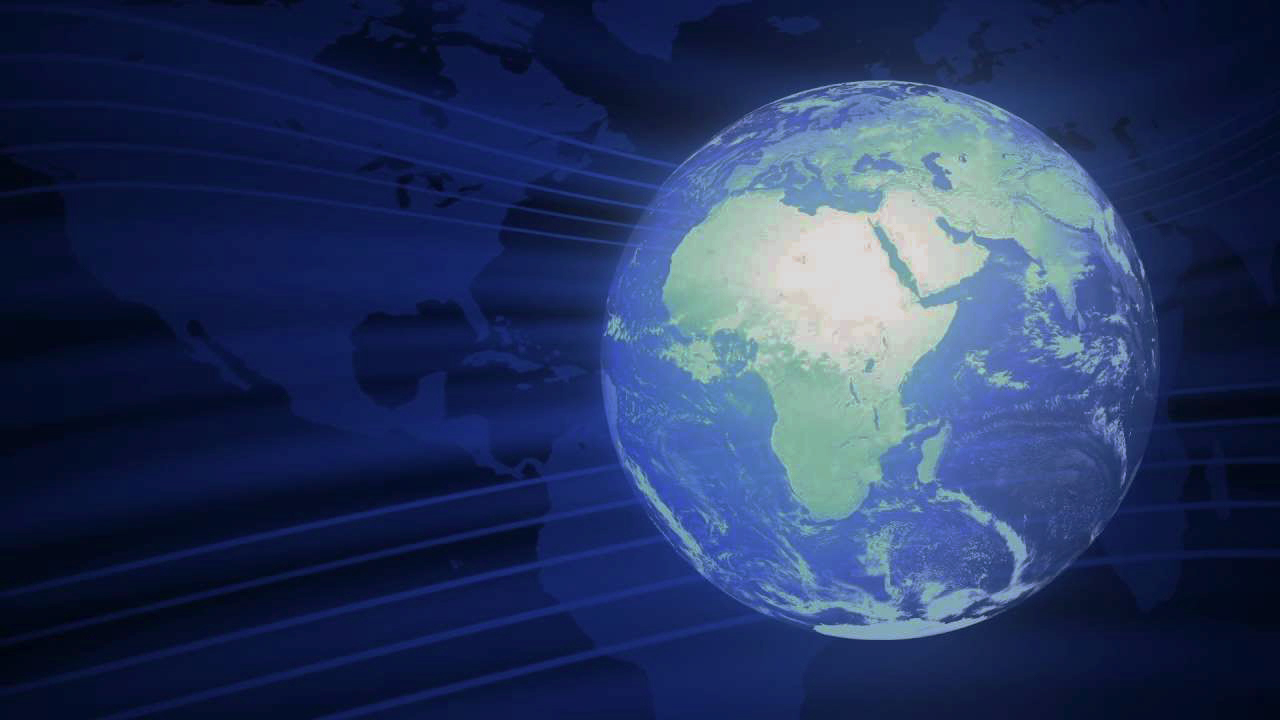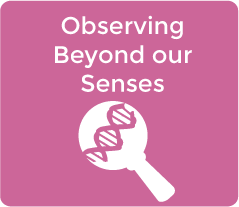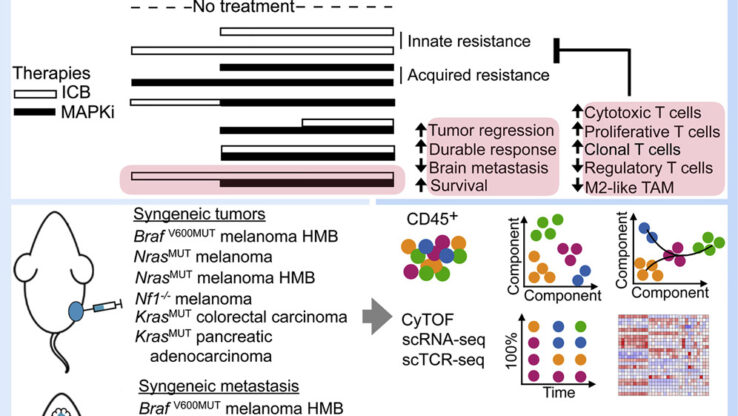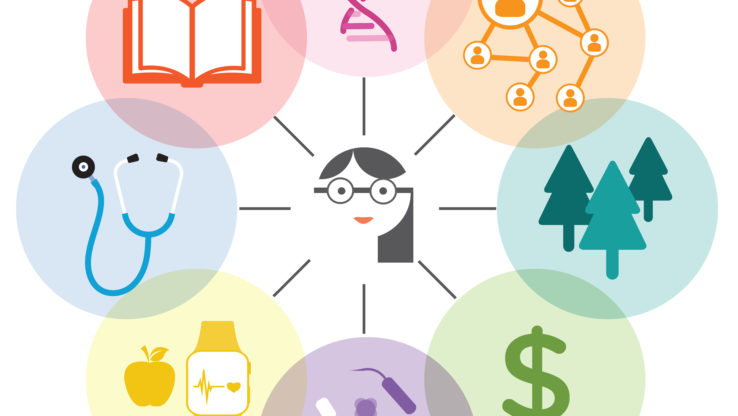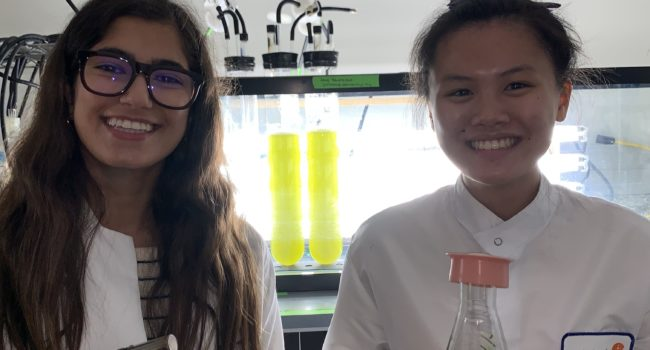NSTA in Portland 2016 – Session Materials
 see.isbscience.org/uncategorized/nsta-in-portland-2016-session-materials/
see.isbscience.org/uncategorized/nsta-in-portland-2016-session-materials/Educators! We greatly enjoyed being with you at the regional NSTA conference in Portland. In addition to uploading materials through the NSTA website, we are including all session materials here, since NSTA has file size limits. Please contact us for any questions and/or needs.
Thursday, November 10, 2016, 2:00-3:00pm – Ocean Acidification as a Way to Teach Multidisciplinary Science and NGSS
- Program Description: Explore a set of lessons that engage and guide students through their own research project on ocean acidification. Students build STEM and systems-thinking skills while learning how to make a difference.
- Presenter(s): Claudia Ludwig (Institute for Systems Biology: Seattle, WA), Mari Knutson Herbert (Lynden School District: Lynden, WA)
- FORMAT: Hands-On Workshop
GRADE LEVEL: 8 – 12
SUBJECT: Life Science, Physical Science, Engineering-Technology-and the Application of Science, Earth and Space Science - Presenter Materials for this session:
- Link to Curriculum Module – Ocean Acidification: A Systems Approach to a Global Problem
- PowerPoint presentation
- One-page overview
Friday, November 11, 2016, 8:00-9:00am – NGSS? Got it Covered!
- Program Description: Bring engineering to your biology course. Engage students with a case study involving halophiles as indicators of ecosystem health. Challenge students to design, build, and use a data collection device, and collaborate to address an environmental issue.
- Presenter(s): Claudia Ludwig (Institute for Systems Biology: Seattle, WA), Mari Knutson Herbert (Lynden School District: Lynden, WA)
- FORMAT: Hands-On Workshop
GRADE LEVEL: 9 – 12
SUBJECT: Life Science, Engineering-Technology-and the Application of Science - Presenter Materials for this Session
- Link to Curriculum Module – Observing Beyond our Senses: Inquiry Drives Technology
- PowerPoint
- One-page description
Saturday, November 12, 2016, 11:00-12:00pm – Using the World Issue of Food Security to Teach Multiple NGSS
- Program Description: Aquaponics can be used as an engaging and beneficial STEM experience in the classroom. Learn how to set up systems and how to connect meaningful curriculum to the experience for biology and environmental science courses.
- Presenter(s): Jessica Day and Claudia Ludwig (Institute for Systems Biology: Seattle, WA)
- FORMAT: Hands-On Workshop
GRADE LEVEL: 8 – 12
SUBJECT: Life Science, Physical Science, Engineering-Technology-and the Application of Science, Earth and Space Science - Presenter Materials for this Session:
- Project Feed 1010 Website
- Online, draft Food Security Curriculum Module
- Interactive, draft overview of Food Security Curriculum by Institute for Systems Biology/Project Feed 1010
- PowerPoint presentation
- Food Security Lesson 1 teacher guide and student worksheets
- Form for collecting data from your food system
- Guide for using 6-in-1 and ammonia test strips for data collection
- Flow Chart to determine which modifications should be made to your aquaponic system based on the data you collected.


